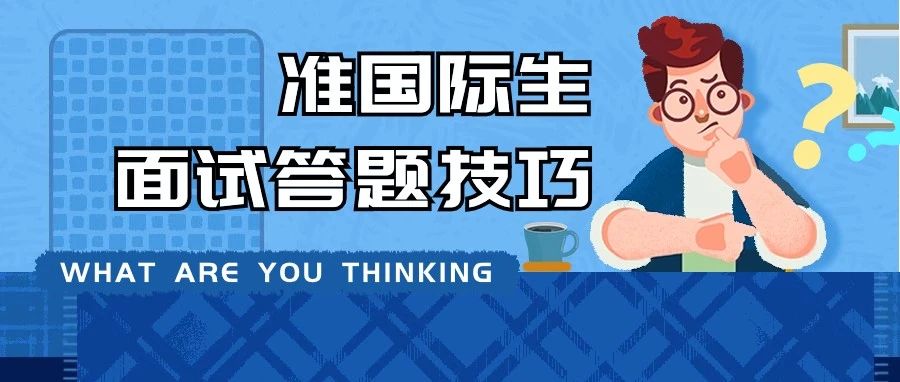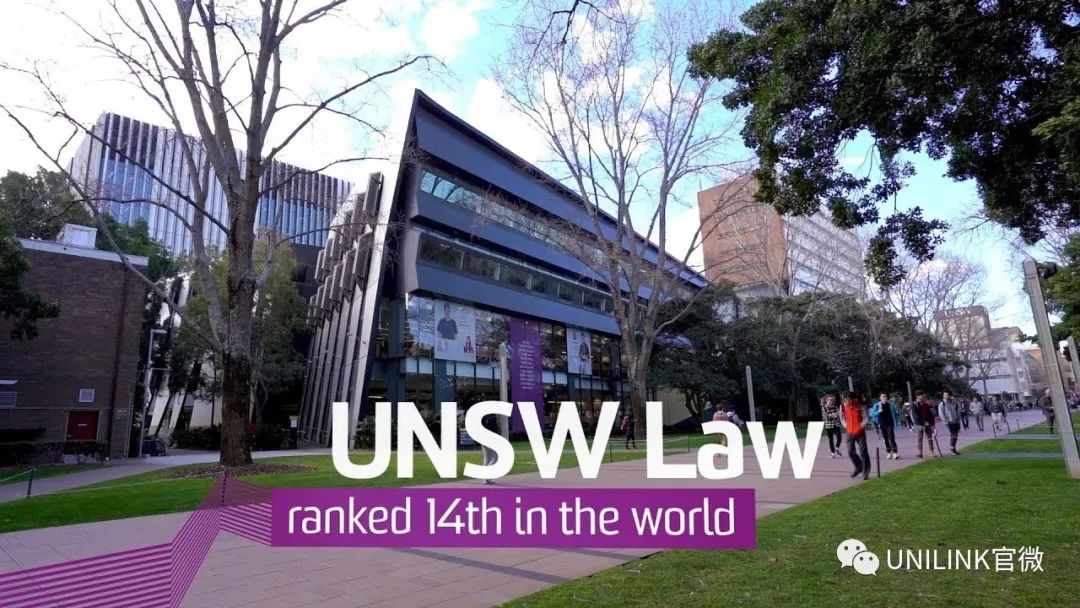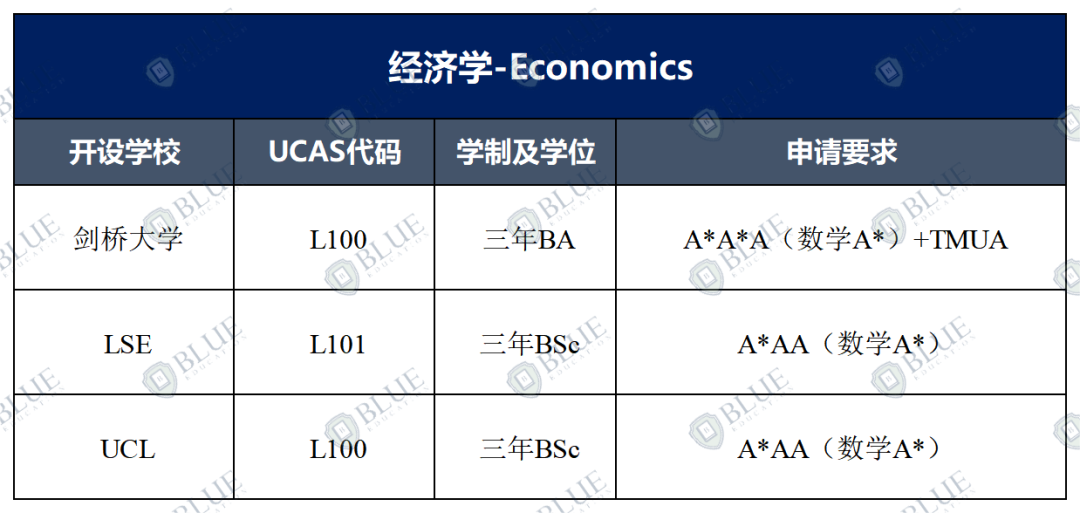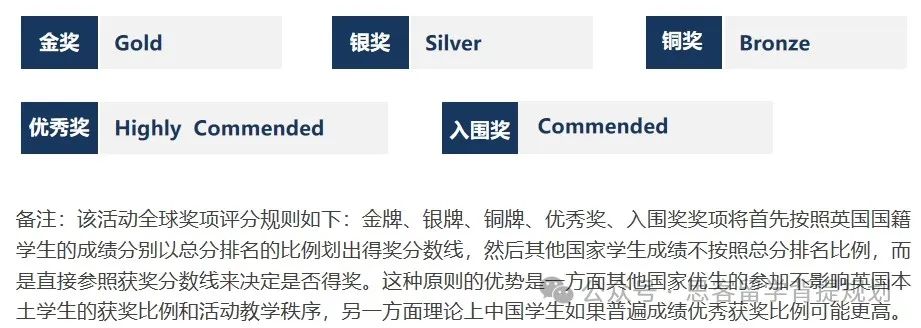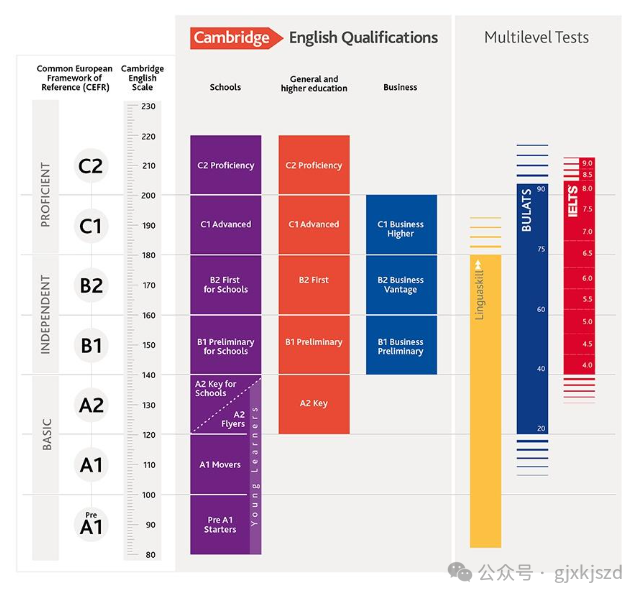我们为大家带来了 2024春季辩题解析 大家可以在假期休息之余,更有针对性地开始春季备赛~
2024 NHSDLC SPRING 春季辩题解析
新学期即将到来,NHSDLC的辩手们又有了新的话题。这一次,同学们将围绕政治游说的争议展开深入探讨,正方和反方团队将讨论与游说相关的各种问题和利益。但究竟什么是政治游说?
本次春季辩题分析将围绕辩题的定义、正反双方可能的论点展开。同时,同学们不要忘记查收今天次条的sample case~
Another semester and another topic for DLC debaters. This time students will delve into the controversy surrounding political lobbies. The resolution is worded as follows- “Resolved: In the United States, organized political lobbying does more harm than good.”
Pro and con teams
will cover a wide range of issues and interests related to lobbies. But what are political lobbies?Defining “Political Lobbies”
对“政治游说”的定义
Unlike previous topics many of you debated that rarely involve clash over definitions, this resolution might require teams on both sides to interpret political lobbies. What is included and excluded by the term will determine which contentions link to the topic. Unfortunately, little consensus exists over the term, even within governments.
Dictionary definitions provide a little insight but also have limitations. For example, the Oxford English Dictionarydefines lobby as “To influence (members of a house of legislature) in the exercise of their legislative functions by frequenting the lobby.” While relatively simple, the definition focuses on legislation, which does not encompass all the actors within a government that lobbyists target (ie. Regulators in executive agencies, voters on a referendum, etc.). Dictionary definitions also provide little guidance on the scope of strategies or tactics commonly used by lobbies.
Debaters looking for clarity on the term from the government will be disappointed to learn there are multiple definitions of lobbies within the US. As explained by Mayer in the law review titled “What is this ‘lobbying’ that we are so worried about?” tax codes define lobbying as seeking to influence legislation, while the Lobbying Disclosure Act (LDA) covers the executive branch. A third definition, also used for tax purposes, combines the tax code’s focus on the action with actor centered definition within the LDA. Mayer concluded by stressing the importance of a single definition for the government, and it certainly would hold true for debate.
Complicating lobbying even more, many articles contrast direct and indirect (or grassroots) lobbying. Direct lobbying influences government officials while indirect, grassroots lobbying target public opinion. The opposition between direct and indirect lobbying is also referred to as inside and outside lobbying. Direct lobbying works from inside systems of government, while indirect lobbying operates outside. Lobbying includes multiple strategies for swaying opinions and most authors conclude that both are effective measures for influencing policies.
The Pro
正方观点
Writing the pro constructive will be both a challenge when deciding which contentions to use and a breeze to research the harms of political lobbying. More than previous topics, selecting the right contentions will be important for pro teams. Pro teams would benefit from thinking strategically about which arguments they need in a final focus when picking the general impact area or specific lobby they want to develop in their first speech. In addition to standard weighing arguments, pro teams should consider possible con turns to the area or lobby, and how strong the links to lobbies are in comparison to other causes.
Possible pro contentions could deal with more general issues like democracy, the economy, or the environment. Rather than impacting lobbies from a particular sector or industry, pro teams could generate link arguments from all sectors and industries involved in lobbying on that issue. Links could be general, about the overall power of lobbies and their threat to the democratic process, or specific, about certain lobbies. The advantage of such an approach is a diversity of link arguments, useful when con teams try to turn the link. The disadvantage of the approach is relying on more general impacts that have multiple causes. There are a number of possible threats to democracy or the environment in the US, so pro teams must prove that lobbying is the most significant cause of the causes.
More specific pro contentions could deal with sectors or industries that lobby. A short list of examples: healthcare, electric/utilities, oil and natural gas, Big tech, tobacco, guns, defense industries, country lobbies like Israel, etc. Every industry lobbies, although some do spend more on lobbying than others.
Pro teams would be smart to focus on industries that lobby the most. While tobacco and guns are definitely guilty of using lobbying to their advantage, it might be more difficult to prove that their success today stems from lobbies alone. Industries that spend larger sums on lobbying might be easier to defend as examples of harmful influence.
Pro teams that decide on a specific lobby approach could benefit from the unique impacts associated with the industry. However, pro constructive speeches need to win the link first by providing research specific to lobbying that connects only lobbying to congressional voting and executive contracts. Limiting a contention to a particular industry could make it harder to find quality links.
The Con
反方观点
Con teams must be strategic in crafting their contentions on a slightly uneven topic. Without a doubt, researching the con will be more difficult than the pro. Outside of a few articles on democracy and economics, most articles students are likely to find conclude pro. If con teams are unable to creatively combat these pro advantages, they will face an uphill battle in most debates.
Con teams might want to stick to the arguments at the heart of the topic, preferring stronger links that are predictable over weaker links that surprise opponents. Generalized impacts like democracy or the economy with stronger links could set final focus speeches up more strategically than fringe contentions with unique impacts.
Con teams using this general approach could also argue that their impact, for example democracy or the economy, could solve whatever problem the pro team talks about (environment, climate change, health, diseases, guns and crime, etc.). It will be much easier for con teams to make these turns with generic impacts that have wider literature bases than contentions build around specific lobbies that have less common impact areas (agriculture, education, etc.).
There are some specific lobbies the con could build contentions around. Constructive speeches could use the sector approach, focusing on lobbies from the agriculture, education, or technology industries. Con teams should be able to find evidence of lobbies used in these areas. Proving those lobbies did more good than harm is the challenge. Each of these examples has strong pro turns, so con team might not find these contentions worth the risk. A few of these areas, say education, might be more defensible than others.
Con teams might be able to surprise teams once with new specific lobbies contentions, but after pro teams are able to thoroughly research the contention, con teams won’t enjoy dealing with specific pro turns to these issues.
To rebutt pro contentions, con teams might want to attack the importance of lobbying compared to other ways that companies and lobbies influence government. Specifically, con teams could argue that lobbying is not the main problem. Instead, campaign contributions to politicians running for election are a more important issue. In order to win these arguments, con teams must at a minimum prove: 1) political lobbying does not include campaign contributions, and 2) campaign contributions cause the problem too.
The con could even win that campaign contributors are bigger problem than lobbying. A lot of pro evidence mentions campaign contributions as an example of influencing people within the government. If the con can point out these quotations, their argument becomes stronger. Even more, con teams could read evidence about campaign contributions in a particular sector or industry in rebuttal speeches. These could serve as further proof that even if there were no lobbies, actors inside the government could still be bought.
Especially brave con debaters might try to defend alternative approaches to address problems associated with lobbies. Instead of defending status quo regulations on lobbies that are at best minimal, con teams could proposed increased regulations on lobbying. Many authors call for tougher laws on lobbying, including pro sources. No one believes that all lobbying should be eliminated, and almost everyone agrees that lobbyists should have more rules placed on them. What the specific rules should be are a source of disagreement. But again, most authors conclude more regulations on lobbies are good. If regulations could solve many of the problems that lobbies cause, then the con’s contentions on the benefits of lobbies become powerful.
The con would have a stronger link to their benefit than the pro would their harm, especially in light of the campaign contributions argument mentioned above. Increased regulations would likely be even more democratic and transparent. It would be much easier for people to have their voiced heard by lawmakers if corporate lobbies were less effective and voters had an easier time forming lobbies on issues that impact them most.
Con teams could even find evidence for rebuttal speeches specific to the pro’s contention. Could an increase in regulation of lobbies, including campaign contributions, solve the problem pro teams identify?
Con final focuses could win that regulations solve the pro’s harm better than the pro since the pro does nothing about campaign contributions. Combined with arguments about how their democracy or economy impact could also solve the pro’s harm, con teams might have a fighting chance of winning.





